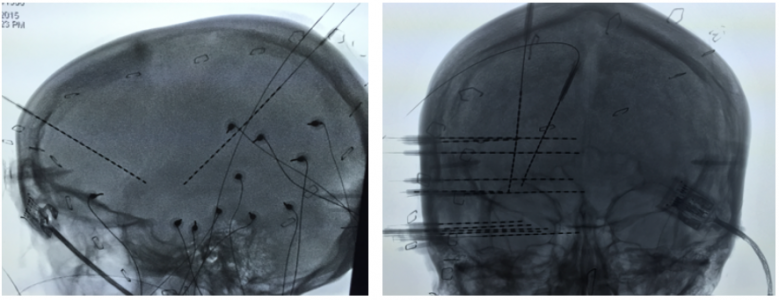-
Phone
1300 17 44 97
-
Fax
02 8580 4867
-
-
Correspondence
Suite 1404, Level 14
St Vincent’s Private Hospital
406 Victoria Street
Darlinghurst NSW 2010
Epilepsy is a condition where abnormal electrical activity spreads through a part of the brain causing seizures. These may or may not involve losing consciousness.
Some forms of epilepsy are caused by focal abnormalities of the brain – even if these can’t be seen on MRI. (Other types of epilepsy may not involve a focal brain abnormality and surgery may not help in these conditions).
Epilepsy surgery is a subspecialty of neurosurgery where operations are undertaken to cure people of their epilepsy.
Typically the abnormality of the brain that is causing seizures is identified and often will be removed using a surgical procedure.
This is only done in specialised centres and requires a complex team of people headed by specialist epilepsy neurologists, supported by neurosurgeons with specific skills in this area.
The assessment involves:
If the patient is considered a possible surgical candidate they are referred to the epilepsy neurosurgeon.
Sometimes when the cause of the epilepsy is not entirely demonstrable with the above tests the patient may undergo a period of 3 dimensional EEG recordings by insertion of multiple tiny electrodes into the brain by the neurosurgeon. This is called Stereotactic EEG and Dr Jonker is one of a few neurosurgeons in Australia trained in this technique.

The most common procedure is removal of the non-functioning portion of the temporal lobe called a temporal lobectomy – often for a condition called mesial temporal sclerosis.
Other abnormalities removed are cavernous haemangiomas (cavernomas), focal cortical dysplasias and other tumour types.
Sometimes old scarring of the brain from trauma or brain herniations that people have been born with (encephalocoeles) are the cause.
Specifics of the surgery, its risks and expectations need to be discussed individually with patients.